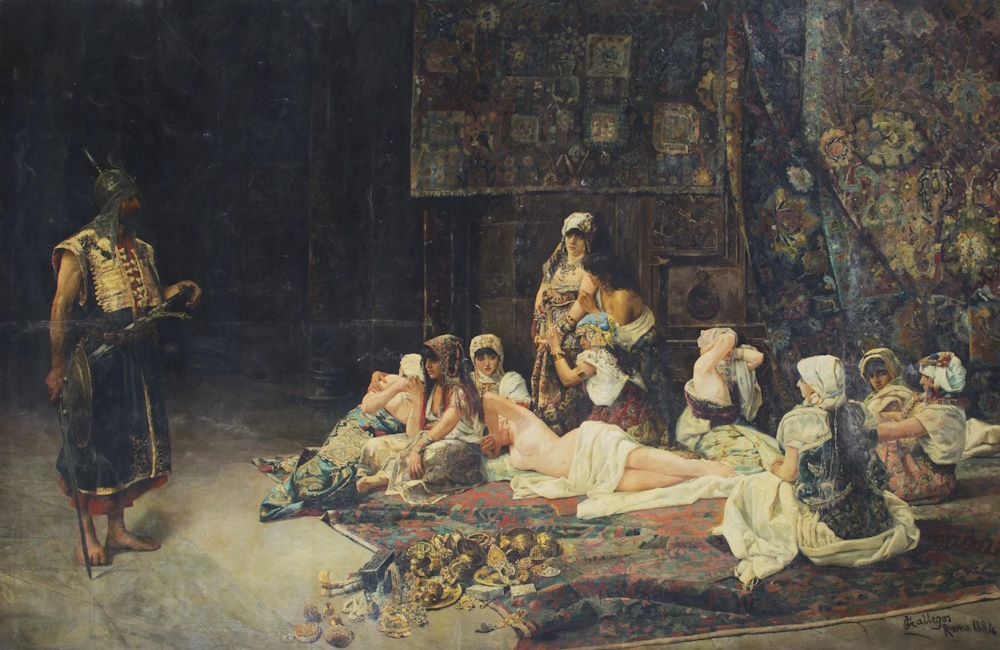The lives and missions of the Jewish prophets and Muhammad reflect fundamentally different expressions of prophetic authority and moral leadership. Figures like Moses, Samuel, and Elijah served as messengers of divine truth, often confronting the sins of their people and calling them back to obedience. They bore the weight of their mission with humility and rarely held political or military power. Their authority was grounded in their submission to God’s will and their commitment to moral integrity.
In contrast, Muhammad’s life was characterized by a combination of spiritual, political, and military leadership. He not only delivered religious teachings but also governed, commanded armies, and implemented laws. His legacy established not only a religious tradition but also a political order. This combination of roles shaped a model of prophethood distinct from the one portrayed in the biblical record.
Leadership and Warfare
The prophets of the Hebrew Scriptures were not warriors or rulers. Moses led the Israelites through the wilderness by God’s direction, not by conquest. He acted as a lawgiver and intercessor, pointing the people continually back to God’s holiness and covenant. Samuel anointed kings but warned against the dangers of earthly power. Elijah confronted idolatry with courage, relying on divine intervention, not physical strength.
By contrast, Muhammad led military campaigns and governed the growing Muslim community. His leadership extended into warfare, treaties, and the distribution of spoils. Victories like those at Badr and the conquest of Mecca were pivotal not just for religious expansion, but for political consolidation. This use of force in service of religious aims marks a significant departure from the model of prophetic leadership defined by dependence on God’s power rather than human arms.
Personal Conduct and Ethical Standards
The moral character of the prophets was tested often, but the standard they lived by remained rooted in divine law. When they sinned, it was confronted and condemned. David’s fall, for instance, was rebuked by the prophet Nathan with grave seriousness. The prophets did not alter divine commands to justify their actions but were subject to God’s correction and judgment.
In contrast, Muhammad’s personal life included privileges that were codified into religious law through revelation. He married multiple women, including a young Aisha, and received verses that permitted him marital and material allowances unavailable to others. These revelations often served to affirm his personal actions rather than confront them. While culturally acceptable in his context, such practices stand in tension with the moral example set by those who bore God’s word before him—men who lived under the law, not above it.
Revelation and Prophetic Purpose
Biblical prophecy was marked by continuity with God’s established truth. Prophets upheld the moral law, often speaking difficult words to people in power. Their revelations did not serve personal ends but called others to repentance, righteousness, and worship of the one true God. Their authority came not from position, but from faithfulness.
In contrast, many of Muhammad’s revelations addressed his personal affairs—his marriages, household conduct, and legal judgments. These revelations often expanded his personal authority and provided divine sanction for his political and domestic actions. The use of divine revelation in this manner introduces a new model of prophecy, where the prophet’s life and message are inseparably tied to governance, law, and personal benefit.
Conclusion
When examining the lives and missions of the Jewish prophets alongside that of Muhammad, significant differences emerge—not only in their moral conduct and leadership styles but also in the very nature of their prophetic calling. The prophets of Israel were subject to the divine law, often standing alone against political power and personal comfort to uphold the truth of God’s word. Their messages were consistent with the moral and theological framework already established, and their authority was validated not through force or personal privilege, but through their fidelity to God’s unchanging character.
In contrast, Muhammad’s role presents a radically different pattern—one where military conquest, political rule, and personal advantage were intimately tied to his religious message. Revelations that sanctioned his personal actions and broadened his authority raise essential questions: Can a prophet speak on behalf of God while simultaneously securing personal privileges through the very words he claims are divine? Does a message that evolves to suit the needs of its messenger reflect the unchanging holiness and righteousness that mark true revelation?
These contrasts invite a deeper inquiry: Was Muhammad a true prophet in the line of those who faithfully transmitted God’s will—or did his mission serve a different purpose, one shaped more by temporal concerns than by divine commission? The answer lies not only in historical study but in discerning the character of the God who calls and the nature of the truth He reveals..
